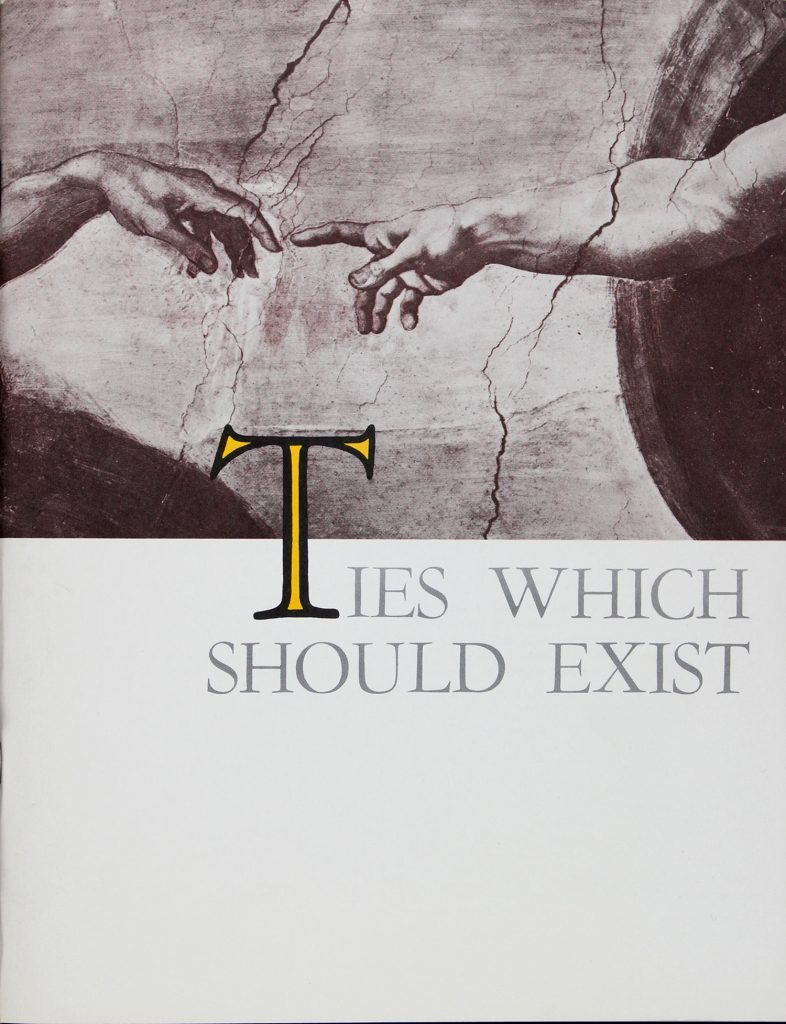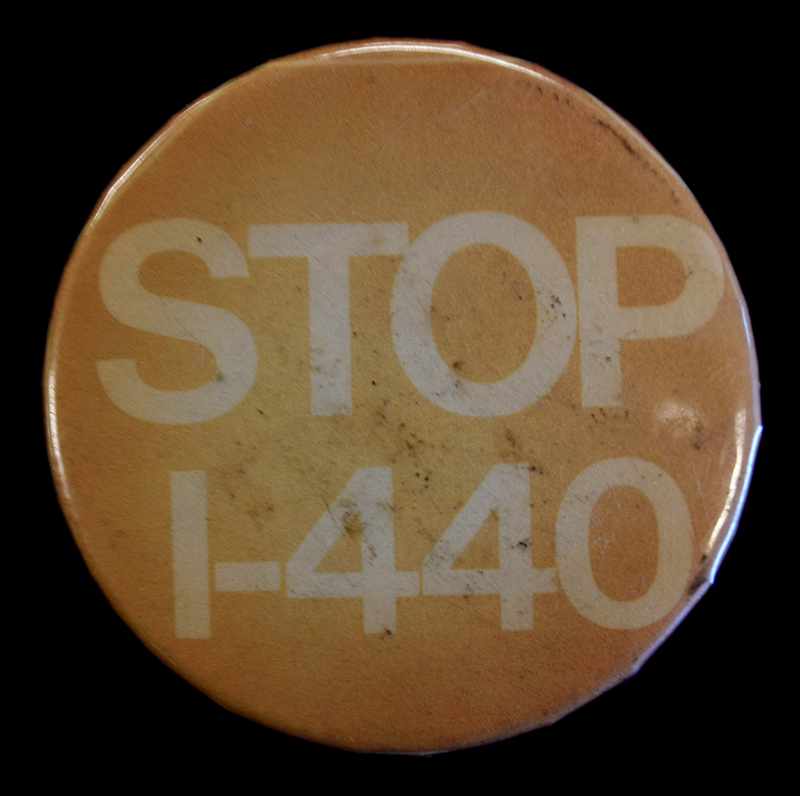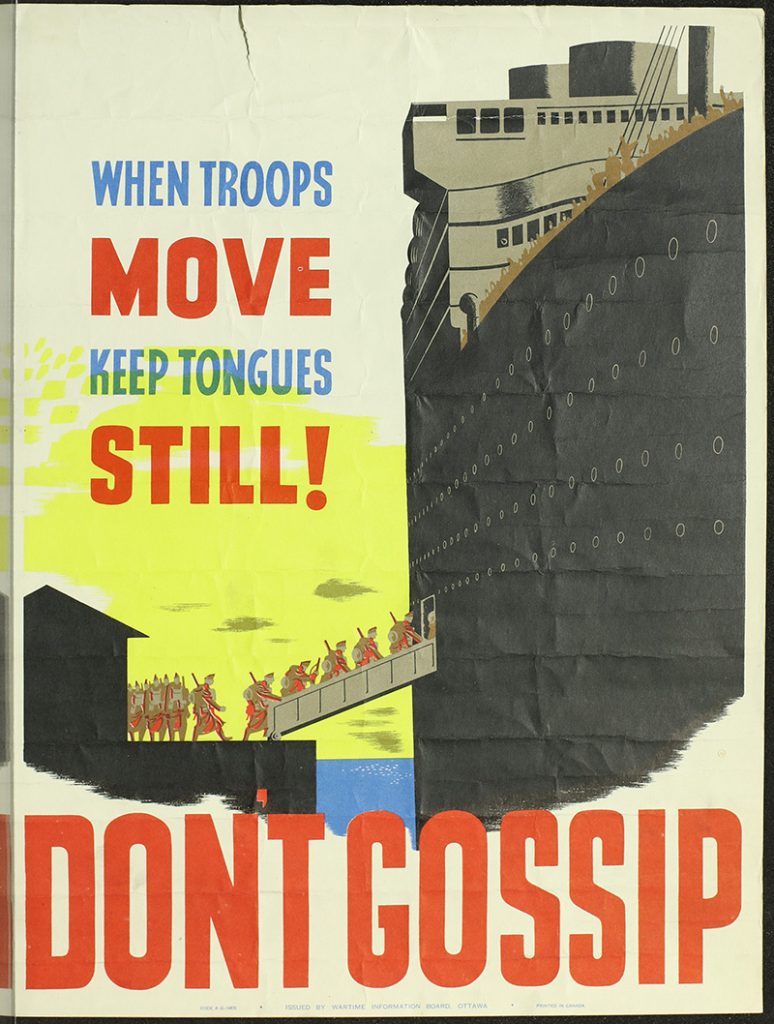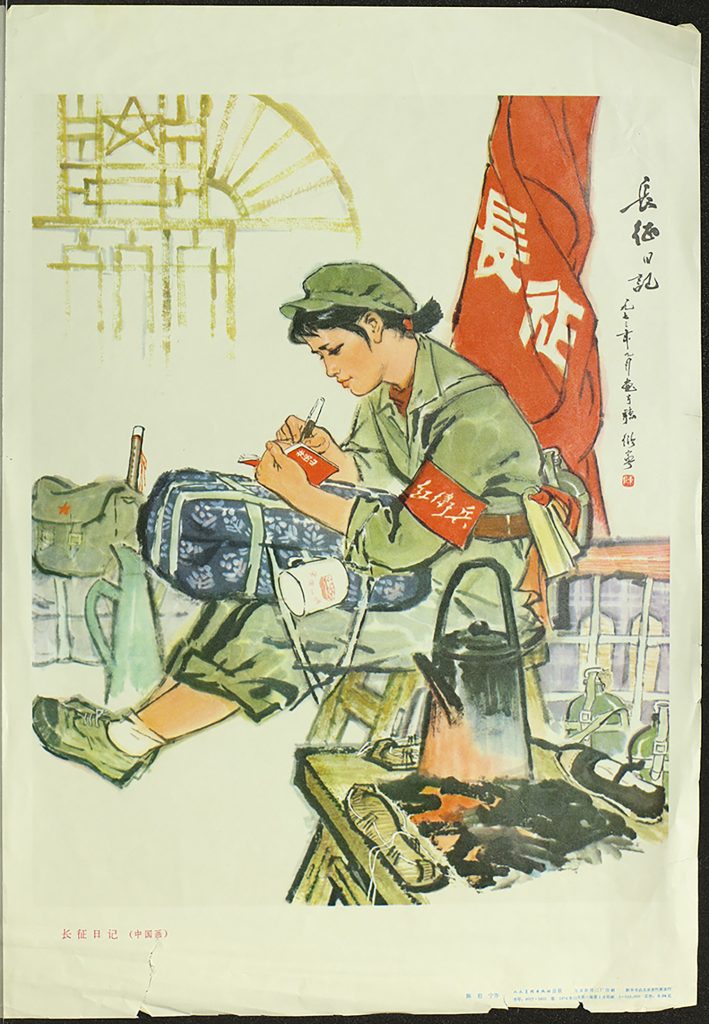Under the Influence: The Power of Propaganda
Under the Influence: The Power of Propaganda
In the Spring of 2018, the Buchanan Library Fellows undertook an exploration of disinformation, misinformation, and propaganda. This fellowship consisted of classroom instruction and hands on experience, culminating in an exhibition. While researching these issues, the fellows selected the following topics for additional consideration: college recruitment as propaganda, environmental propaganda, military propaganda, and propaganda of marginalized groups. For the exhibition, artifacts were selected from Vanderbilt University Special Collections and University Archives related to these topics. This fellowship came at a time of increasing political spin, disinformation, and the emergence of the phrase “alterative facts.” Due to these issues, the fellows selected Under the Influence: The Power of Propaganda as the title of their exhibition.
The fellows gained importation information literacy skills. Those skills were applied to analyzing each artifact. For the exhibition fellows wrote text explaining how each artifact was an example of propaganda, and introductory wall text that provided a summary of the fellowship and the exhibition. Lessons learned in this fellowship allowed the fellows to become savvy information consumers and better-informed citizens. Under the Influence: The Power of Propaganda was made possible by the following Buchanan Library Fellows: Jorge Enrique Delgadillo Nunez Salles Diaz, Justine Hong, McKalee Steen, David Zou.

Ties which Should Exist
Pamphlet, 1958
Robert A. McGaw Papers
Vanderbilt University Special Collections
This booklet uses images and pictures to connect with audiences, communicating multiple aspects of the Vanderbilt experience. From academics to social interactions to the mentorship students receive, readers get a wide-lens perspective of the Vanderbilt experience.

Stop I-440
Button, 1981
Mary Anne Downey Smith Papers
Vanderbilt University Special Collections
In 1970, there was major push back against the construction of I-440 in Nashville, TN. The construction of this highway was a disruption to daily lives. It required the demolition of many homes. A group called “Nashvillians Against I-440” filed a lawsuit against the construction of this highway, but ultimately lost. More than fifty years later, this button serves as an example of pushback towards this contested Nashville throughfare.

When Troops Move – Don’t Gossip
Canadian Wartime Information Board, Ottawa, circa 1940
Poster
Vanderbilt University Special Collections
Created by Canada’s Wartime Information Board in 1942, this poster depicts troops filing into a naval ship. Wary of eavesdropping spies, the government urged its citizens not to talk about sensitive war information or military campaigns. However, such “careless talk” propaganda served another role. By discouraging people from openly discussing the war, the Board sought to further control public perception and prevent criticism of the war.

Chen Yanning, [Long March Diary]
Poster, 1974
Mary Anne Smith PapersVanderbilt University Special Collections
A print by Chinese-American Chen Yanning, this poster depicts a Red Army soldier writing in her diary during the Long March (1934-5). During the Chinese Civil War (1927-36), the Long March was a military retreat undertaken by the Red Army, which represented the Communist Party, resistance of the Chinese Nationalist Party. The Long March marked Mao Zedong’s ascent to power. The diligence with which the soldier depicted writes in her diary, as well as the humble nature of her posture and her surroundings, suggests ideal characteristics toward which the soldiers should aspire. The vibrant red also evokes Communism.

Boycott Grapes
Bumper Sticker, circa 1970
Edwin Hamlett Papers
Vanderbilt University Special Collections
The Delano Grape Strike and Boycott lasted five years from 1965 to 1970. It was organized by Cesar Chavez along with the Agricultural Workers Organizing Committee and the National Farm Workers Association. The movement drew widespread national attention and was supported by prominent figures including Martin Luther King and Senator Robert Kennedy. The strike and subsequent boycott arose as a response to the exploitation of mostly Latino and Filipino workers by table and wine grape growers in the Delano area in California. The short phrase “Boycott Grapes” became a symbol of unity for the workers who maintained the strike for five years before obtaining their demands.
